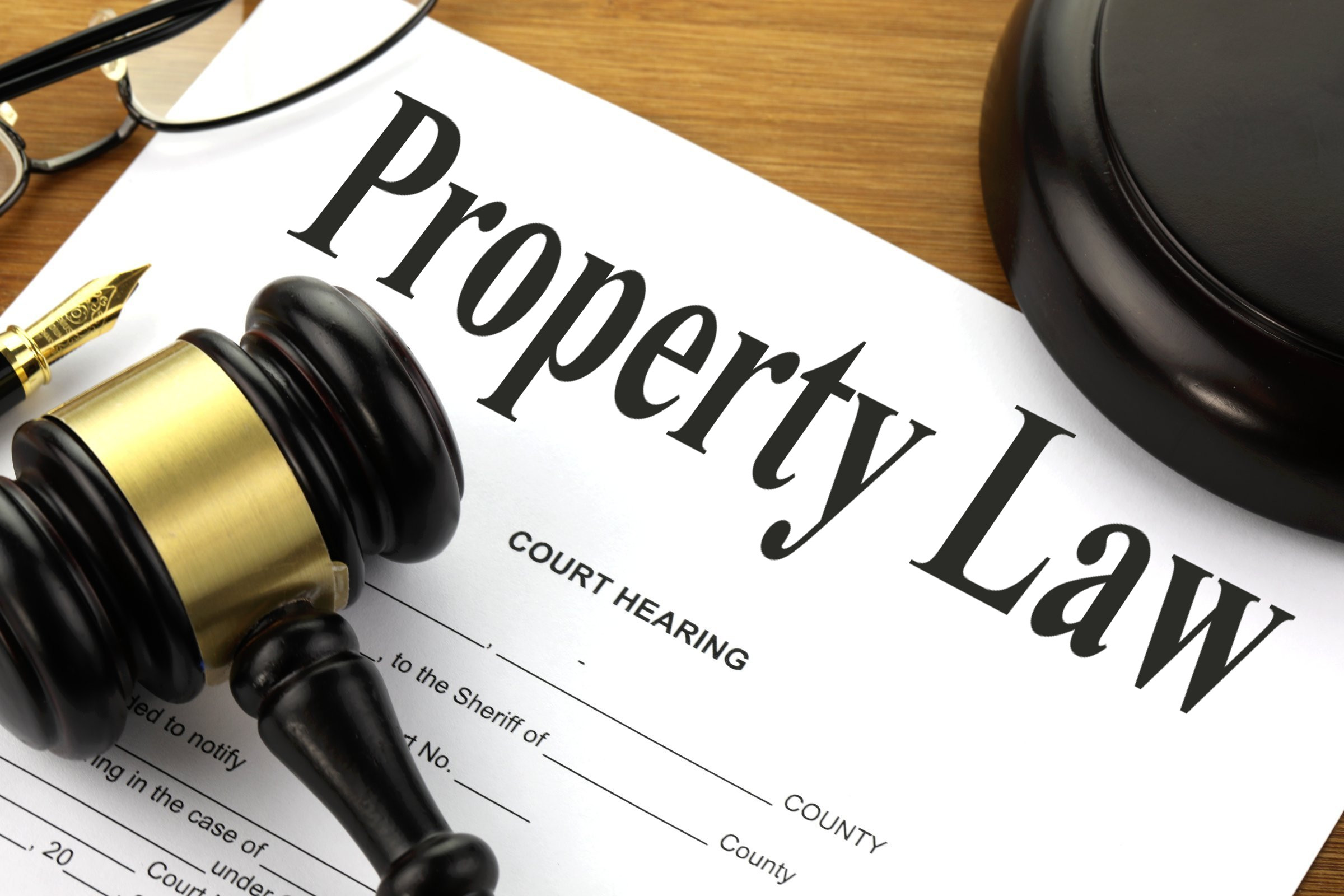How Property Law Shapes Real Estate Transactions and Investments
Property law plays a crucial role in shaping real estate transactions and investments. Understanding the basics of property law is essential for anyone involved in the real estate industry. This… Read More »How Property Law Shapes Real Estate Transactions and Investments



